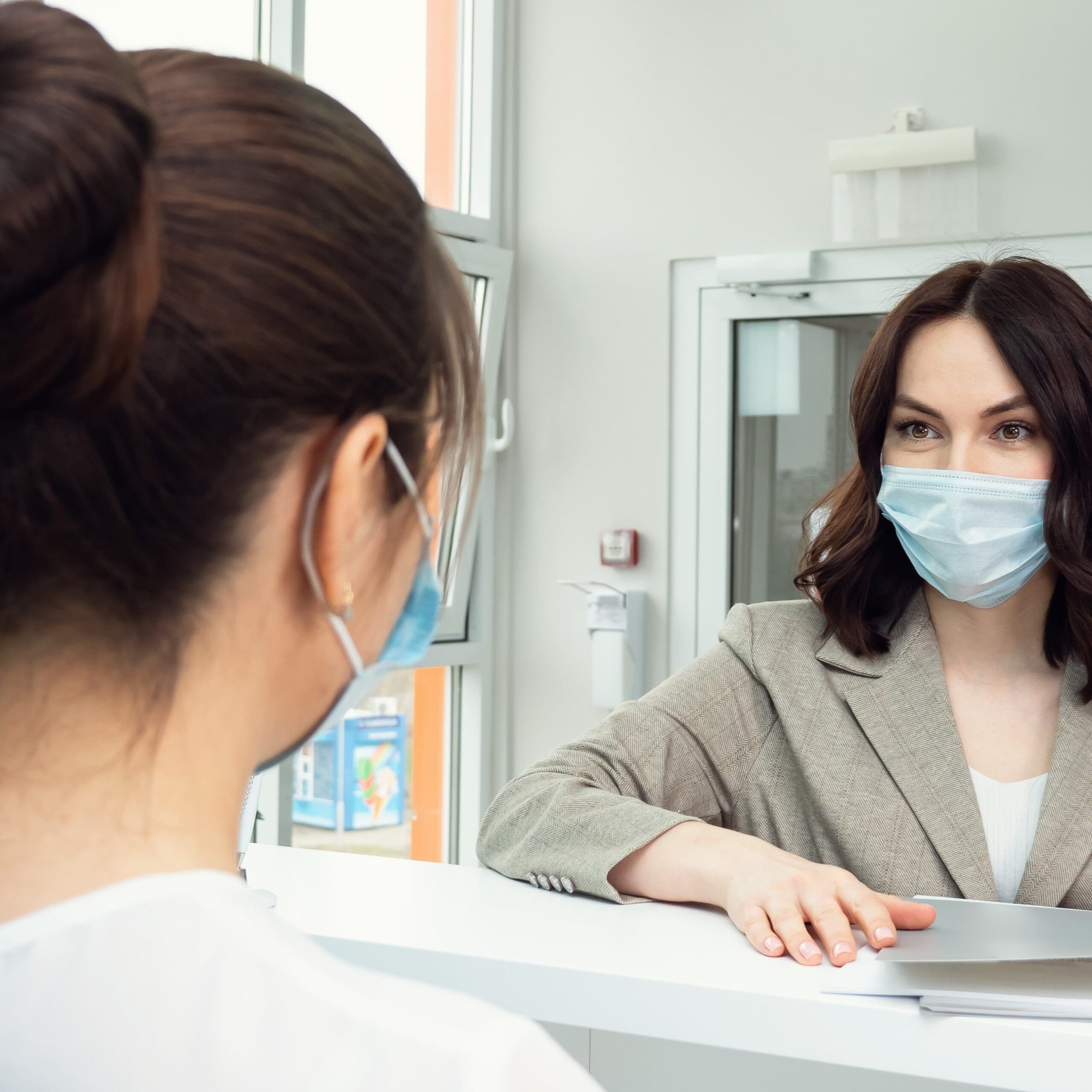
STIs are more common than you may think. Some are dangerous and can lead to infertility and other problems that can last a lifetime without treatment. If you’re sexually active, it’s crucial to get tested regularly!
What are the Most Common STI Symptoms?
Many STIs don’t have any obvious symptoms and can go unnoticed until complications arise. However, common symptoms include, but are not limited to[1]:

![]() Painful and/or frequent urination.
Painful and/or frequent urination.
![]() Vaginal discharge that has a foul odor, causes irritation, or is a different color or amount than usual.
Vaginal discharge that has a foul odor, causes irritation, or is a different color or amount than usual.
![]() Vaginal bleeding outside of the period.
Vaginal bleeding outside of the period.
![]() Discharge from the penis.
Discharge from the penis.
![]() Swelling or severe itching near the vagina or penis.
Swelling or severe itching near the vagina or penis.
![]() Bumps, warts, or sores on or near the vagina, penis, anus, or mouth.
Bumps, warts, or sores on or near the vagina, penis, anus, or mouth.
If you’re experiencing any of these symptoms, don’t wait to get tested! Thrive Women’s Clinic provides free referrals for STD and STI testing and treatment!
Why Do I Need to Get Tested for STDs and STIs Before an Abortion?
It’s crucial to get tested and treated for STIs before an abortion. If you have an infection at the time of an abortion, the procedure could cause the infection to spread to the reproductive tract, potentially leading to Pelvic Inflammatory Disease (PID)[2]. When left untreated, PID can cause infertility and ectopic pregnancy[1] in the future.
STD and STI Testing & Treatment in
Central and West Dallas, Texas
Don’t wait to get the care you deserve! Thrive Women’s Clinic offers free referrals for STD and STI testing and treatment, so you can protect your health. No insurance is necessary to schedule your appointment.
Sources
- Sexually Transmitted Infections. Cleveland Clinic. (2023, February 3). Retrieved from https://my.clevelandclinic.org/health/diseases/9138-sexually-transmitted-diseases–infections-stds–stis
